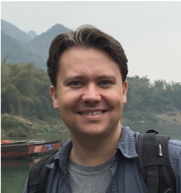
Dr. Sean Sylvia on The Quality of Primary Care in Rural China: Evidence from Mystery Patients
View Dr. Sylvia’s presentation here.
Dr. Sean Sylvia is an Assistant Professor in the Department of Health Policy and Management at the University of North Carolina at Chapel Hill’s Gillings School of Global Public Health and a Faculty Fellow at the Carolina Population Center. Dr. Sylvia is a health and development economist whose research focuses on designing and evaluating innovative approaches to improve the delivery of health services in developing countries. His work relies heavily on fieldwork to collect primary data and uses experimental or quasi-experimental methods to evaluate the causal effects of policies and interventions. In past and ongoing projects, he has studied the design of performance-based incentives for providers, school-based health and nutrition programs, early childhood health and development, and the quality of primary care in low-resource settings. His work has been published health and social science journals such as the BMJ, PLOS Medicine, the American Journal of Public Health, Health Affairs, the Journal of Labor Economics, Journal of the European Economic Association, and Demography. He has long-standing collaborations with researchers at a number of universities in China where he directs large-scale surveys and randomized trials. Prior to joining UNC, he worked as an Assistant Professor in the School of Economics at Renmin University of China.
Website: http://seansylvia.web.unc.edu/
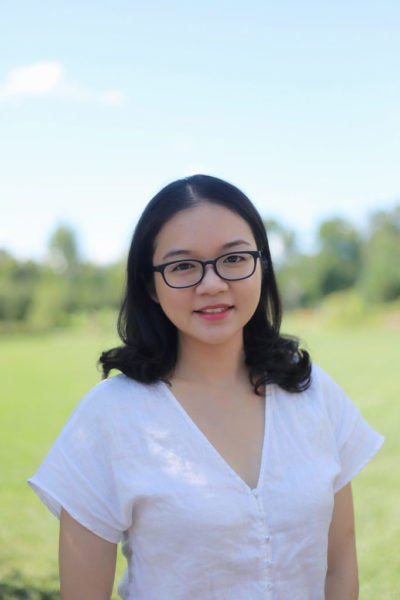
Physicians as Persuaders: Evidence from Hospitals in China
For many illnesses, patients seek advice from physicians, who signal the relative value of various treatment options. Patients then incorporate this information into their treatment decision, aware that it may reflect not just their own interests but the physicians’ as well. I characterize this interaction formally using a Bayesian persuasion framework and test the model’s main implications, using health insurance claims data for a large district in China.
CHP Seminar: Winnie Yip on Ten years of health-care reform in China: Progress and gaps in Universal Health Coverage
Video recording of the event is available here: https://hsph.me/eminarct8livewebcastlink.
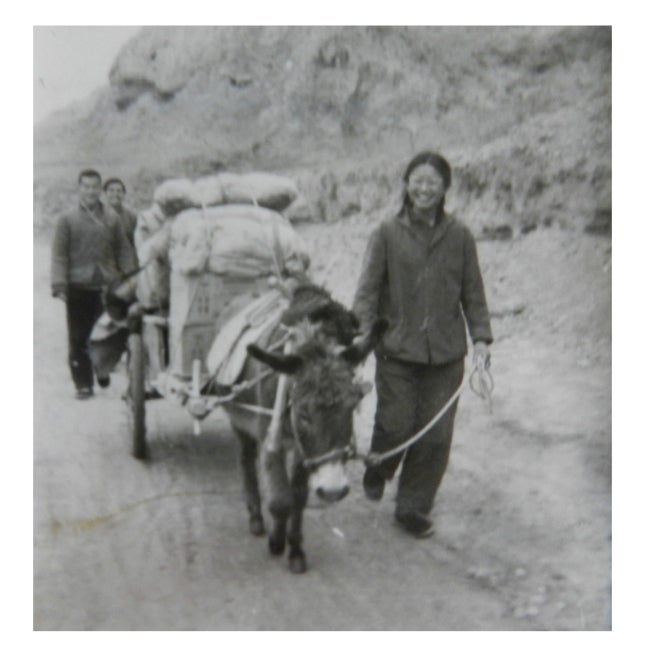
Life under Mao: the Cultural Revolution and the “Barefoot Doctors”
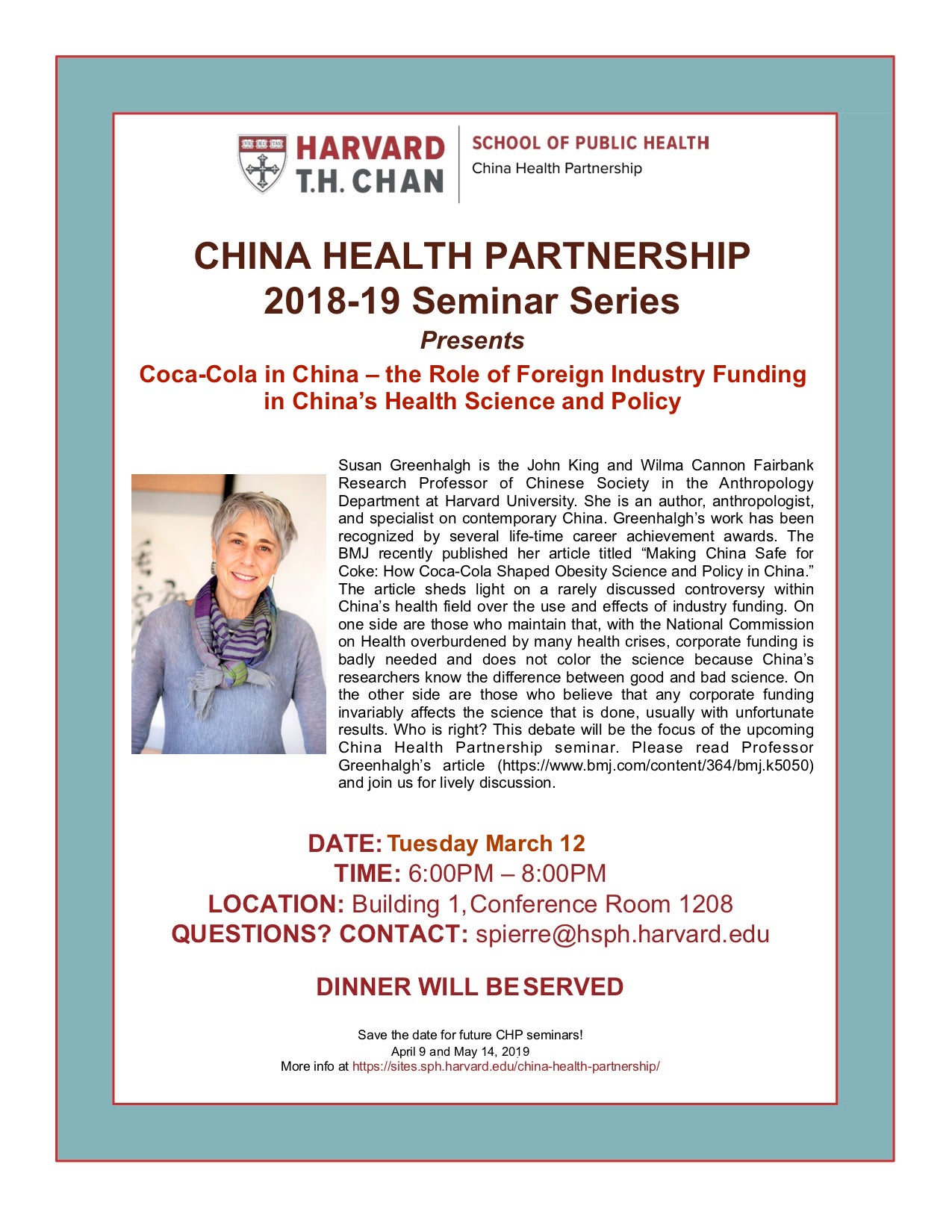
Coca-Cola in China – the Role of Foreign Industry Funding in China’s Health Science and Policy
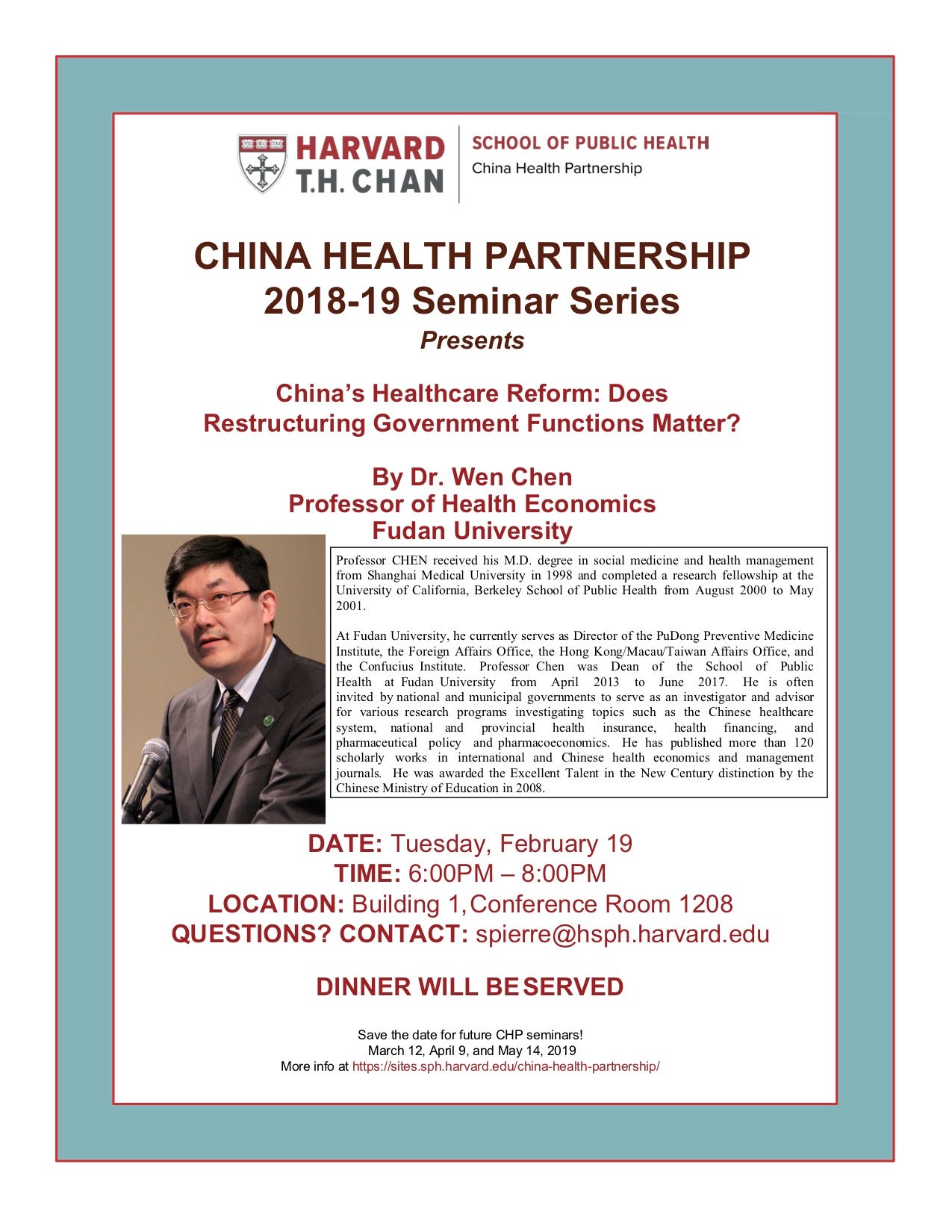
China’s Healthcare Reform: Does Restructuring Government Functions Matter?
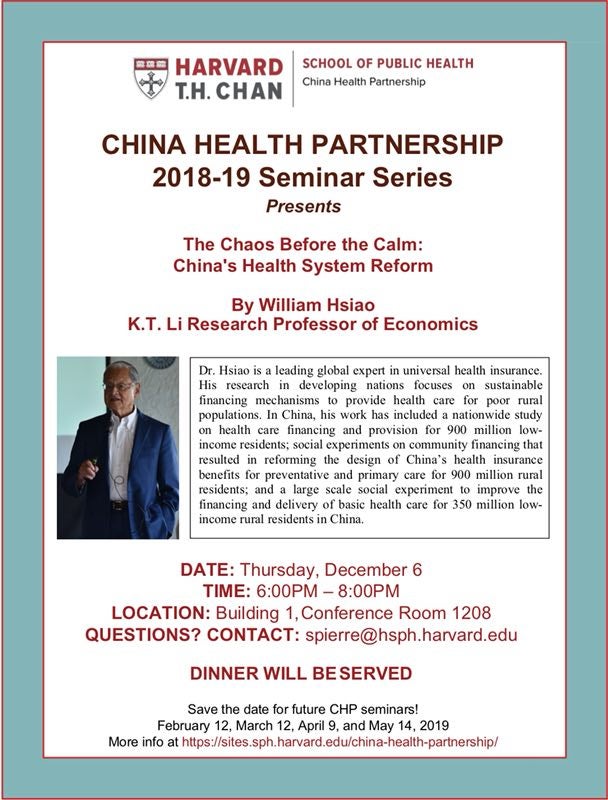
CHP Seminar Series - The Chaos Before the Calm: China's Health System Reform
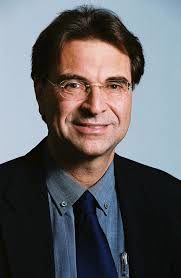
May 1, 2018: A Seminar Talk by Professor David Christiani on Environmental Health in China
He is Professor of Medicine at the Harvard Medical School and Physician, Pulmonary and Critical Care Unit at MGH, where he directs the Molecular Epidemiology Research Group, and the Section on Occupational and Environmental Medicine. His research interests include occupational, environmental and molecular epidemiology. He has led several major research projects in the United States, including projects on molecular studies of lung cancer, esophageal, bladder, and skin cancers, pollutant-induced cancers, as well as acute lung injury and chronic obstructive lung disease. He is a leader in research on gene-environment interactions. In addition, he has developed extensive cooperative ties with industrializing countries in Asia, Africa, and Central America since the early of 1980s, and has led and conducted many studies on occupational health in these countries. Dr. Christiani is at the forefront developing and adapting of epidemiologic and laboratory techniques to the conditions to international studies. With regard to China work, Dr. Christiani was the first HSPH visiting scholar to the PRC, chosen in 1980 to work in residence and he has been involved in China projects for the past 37 years.
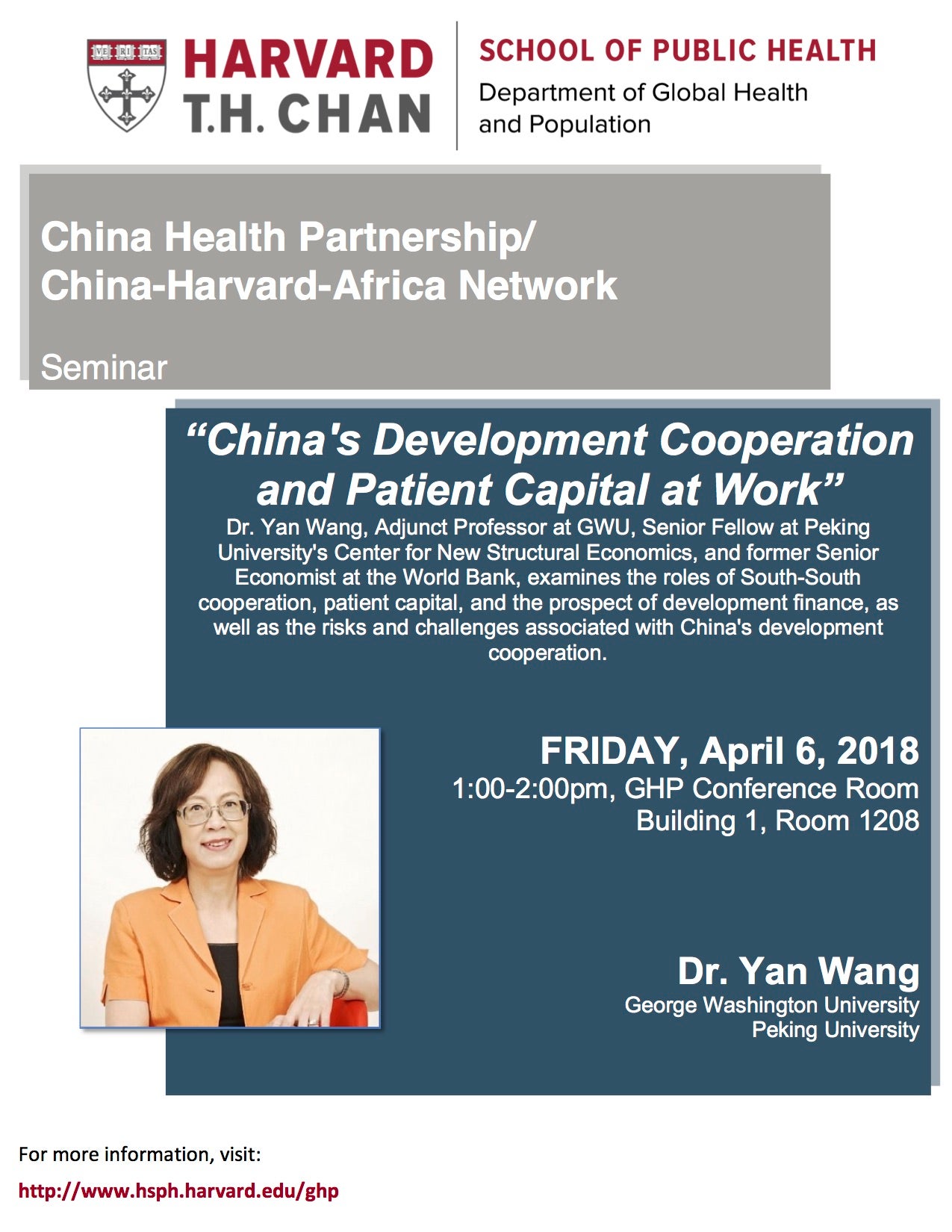
April 6, 2018: China's Development Cooperation and Patient Capital at Work
Dr. Yan Wang, Adjunct Professor at GWU, Senior Fellow at Peking University’s Center for New Structural Economics, and former Senior Economist at the World Bank, examines the roles of South-South cooperation, patient capital, and the prospect of development finance, as well as the risks and challenges associated with China’s development cooperation.
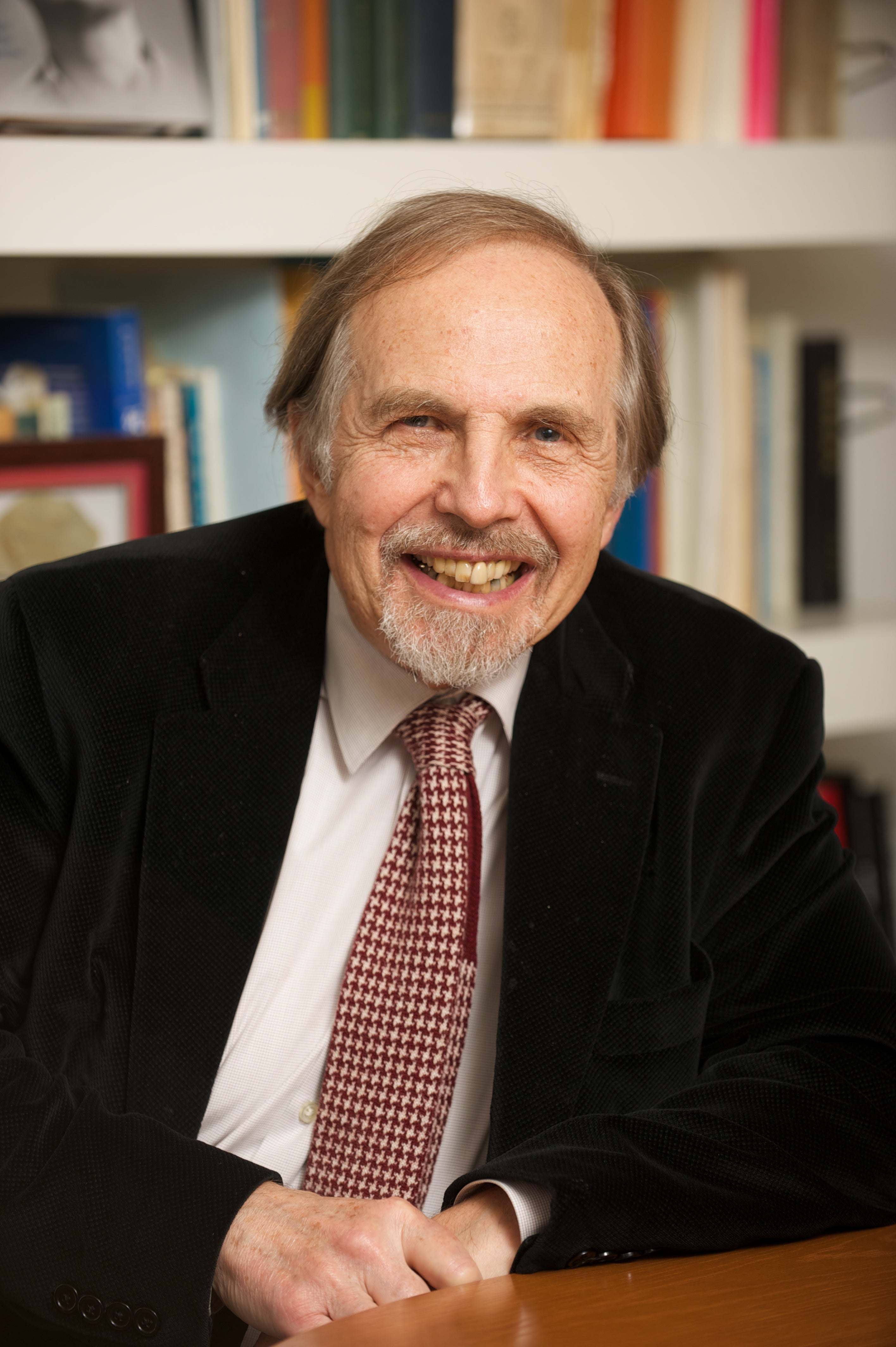
April 3, 2018: Aging, Eldercare, and Social Technology in China by Professor Arthur Kleinman

March 6, 2018 - CHP Seminar Series with Dr. David Mou
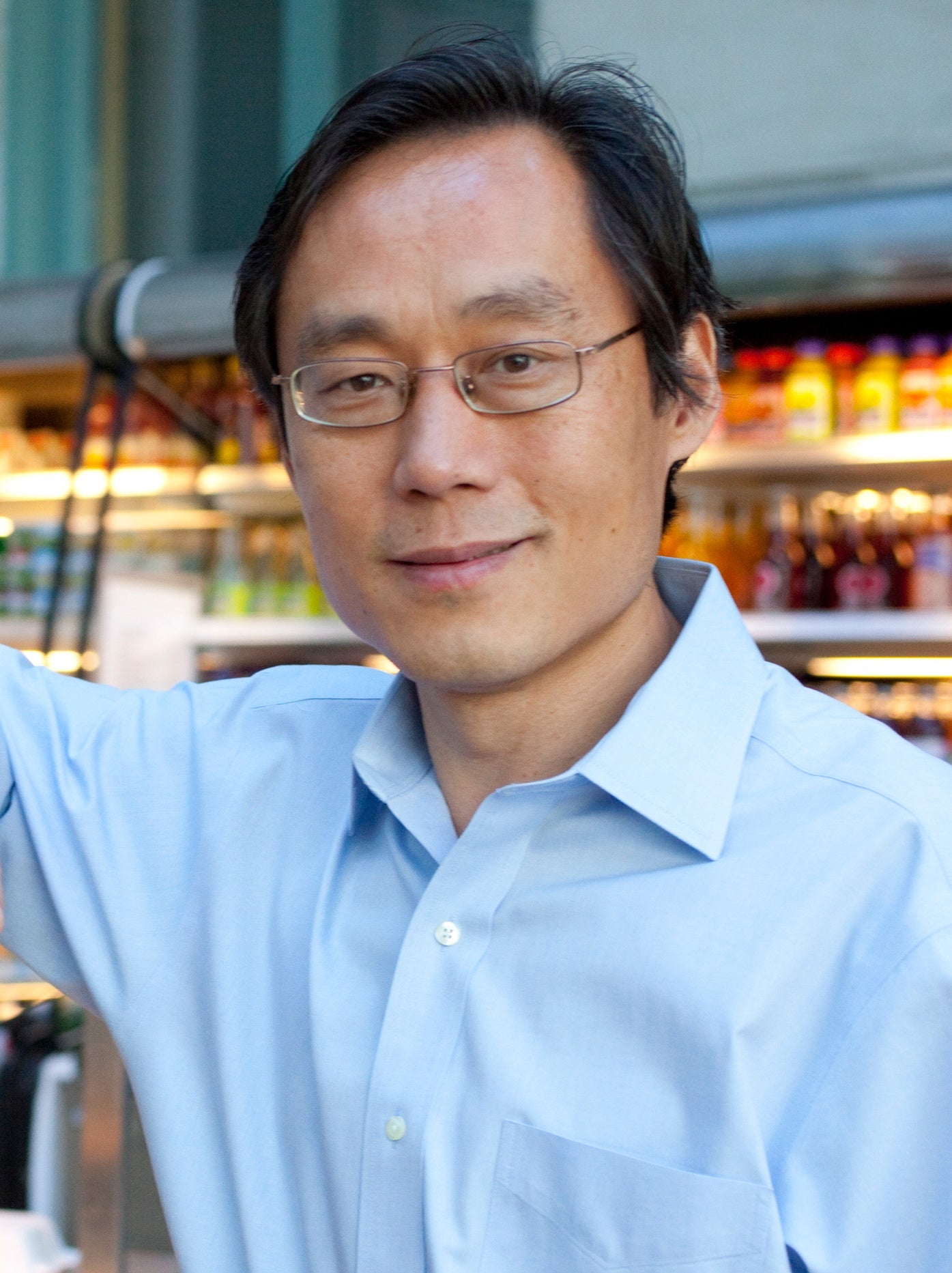
February 5, 2018 CHP Seminar with Dr. Frank Hu. Title: Chronic Disease Epidemiology and Prevention in China
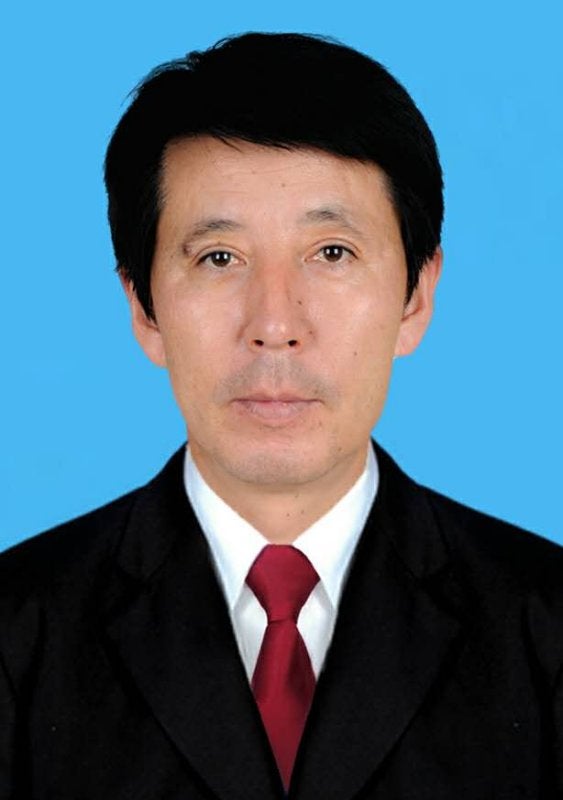
December 4, 2017 - CHP Practitioner Series: Establishing A Hierarchical Medical System through an Innovative Payment System, the Yanchi Model
In Yanchi County, a health payment system reform helps establish a model of medical care that balances medical supply and demand, improves prevention, and provides convenient care to residents. The goal of the reform is to give rural residents access to medical care “in village for mild diseases, in town for common diseases, in county for major diseases, and only in out-of-county large hospitals for difficulty and disastrous conditions”. The new model has effectively resolved the problem of “unaffordable access to health care and high financial risk” for rural residents
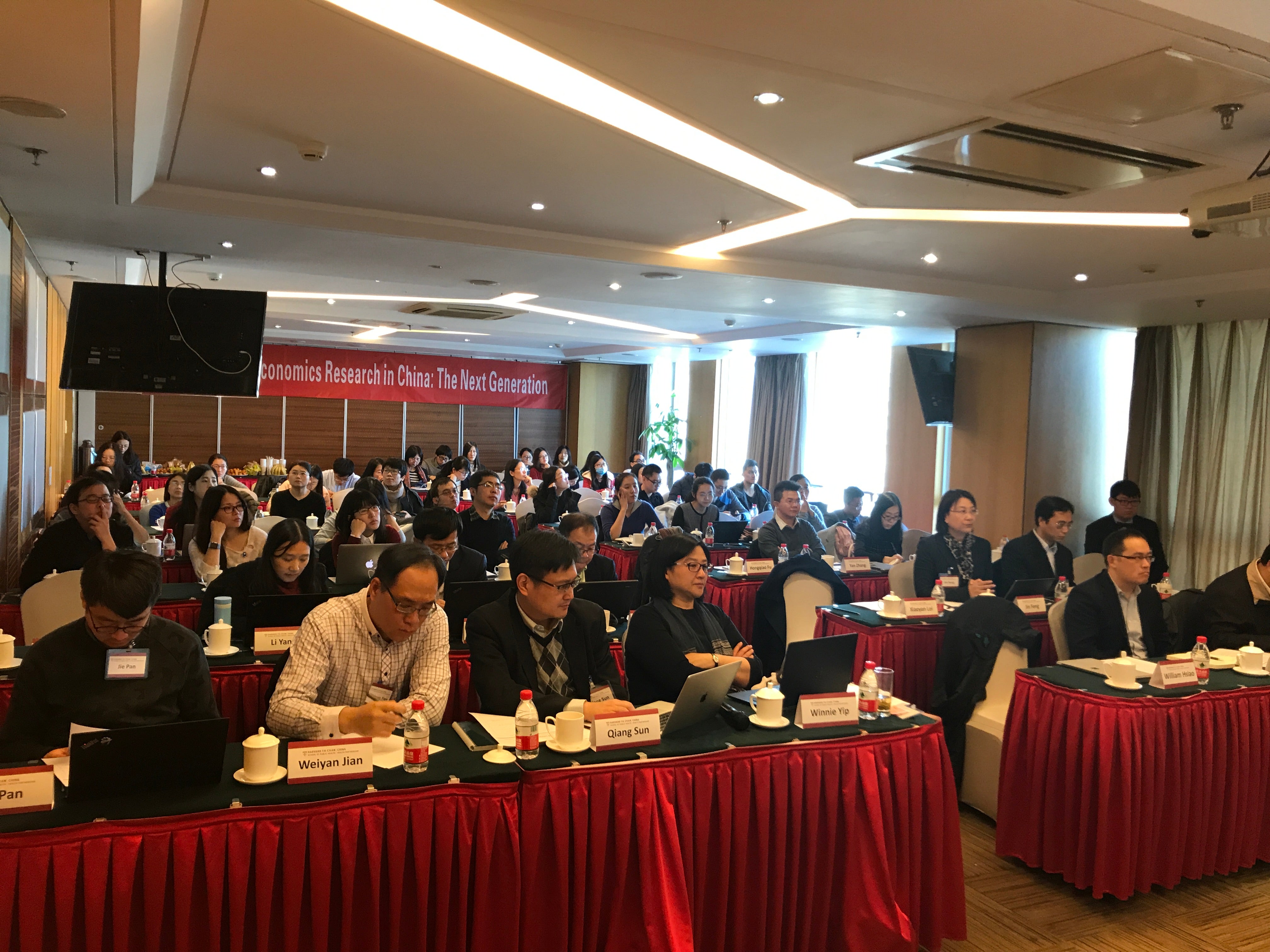
November 15, 2017 - CHP CONFERENCE: Health Policy Economics and Research in China: The Next Generation
DATE: November 15, 2017
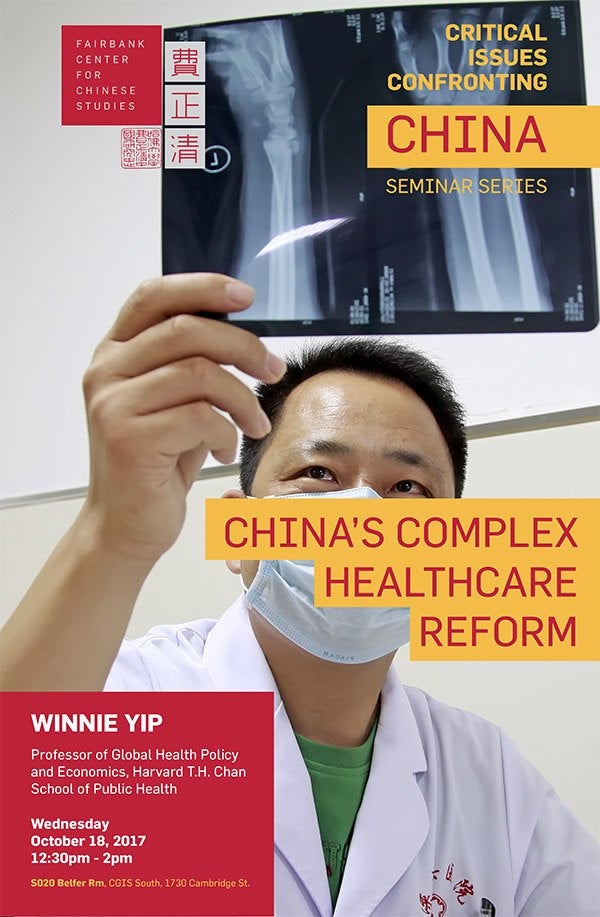
October 18, 2017 - China's Complex Healthcare Reform
Speaker: Winnie Yip, Harvard University
Dr. Winnie Yip is Professor of Global Health Policy and Economics in the Department of Global Health and Population at the Harvard T.H. Chan School of Public Health and also Director of the school wide China Health Partnership. Dr. Yip was previously a Professor of Health Policy and Economics at the Blavatnik School of Government, University of Oxford, and Senior Research Fellow of Green Templeton College, Oxford, where she was director of the Global Health Policy Program.

October 14, 2017 - CHP SEMINAR SERIES: Winnie Yip, Professor of HSPH
Dr. Winnie Yip is Professor of Global Health Policy and Economics in the Department of Global Health and Population at the Harvard T.H. Chan School of Public Health and also Director of the school wide China Health Partnership.

October 13, 2017 - CHP Conversation with Practitioner Series: Jerry Liao, Founder and CEO of We Doctor (微医)
Founded in 2010 as a platform to provide online registration and consultation services for patients, We Doctor opened the the first online hospital in Wuzhen, a small town in the southern province of Zhejiang in December 2015.
We Doctor connects doctors with patients across the nation through its mobile app and website. Patients can go through the entire process at home from online appointments, video consultations and diagnosis to e-prescriptions. They can also make e-payments and have the medicine delivered to their home. We Doctor connected more than 2,400 hospitals and over 280,000 doctors on its online platforms, and had more than 170 million registered users as of June 2017.
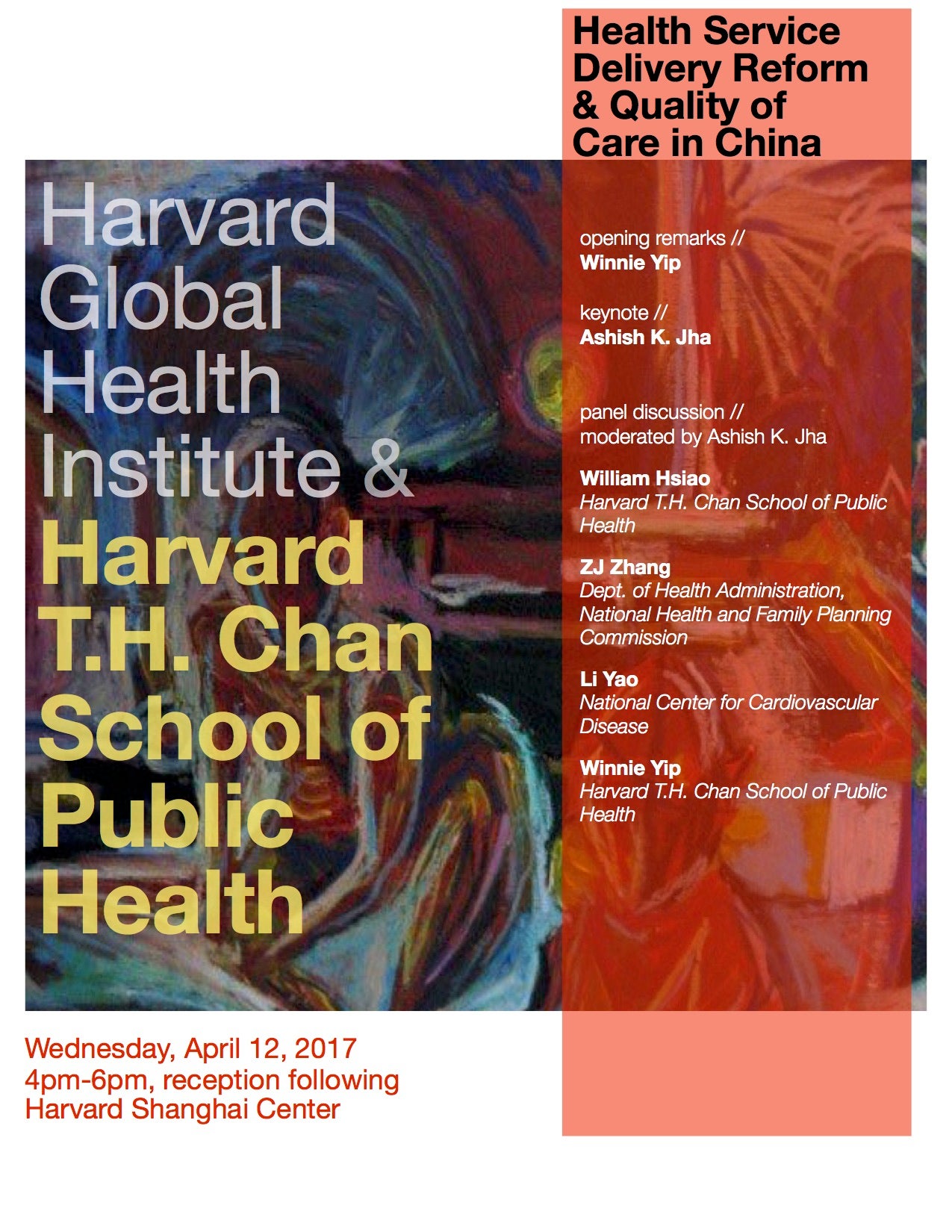
April 12 – April 13, 2017: Health Services Delivery Reform and Quality of Care in China: Opportunities for Cross-National Learning
In March of 2017, the Harvard Global Health Institute, in collaboration with Winnie Yip in the Department of Global Health and Population at Harvard T.H. Chan School of Public Health, held a two-day conference at the Harvard Shanghai Center that brought together leading scholars from Harvard and China to engage in defining a shared agenda for healthcare quality.
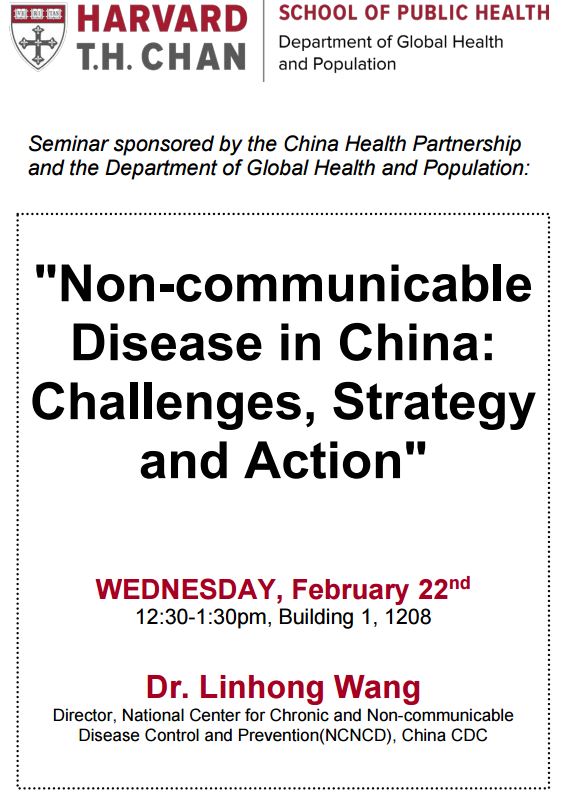
February 22, 2017 - Seminar with the Director of China CDC: Non-communicable Disease in China: Challenges, Strategy and Action
Discussion topic: Disease Control and Prevention(NCNCD), China CDC
